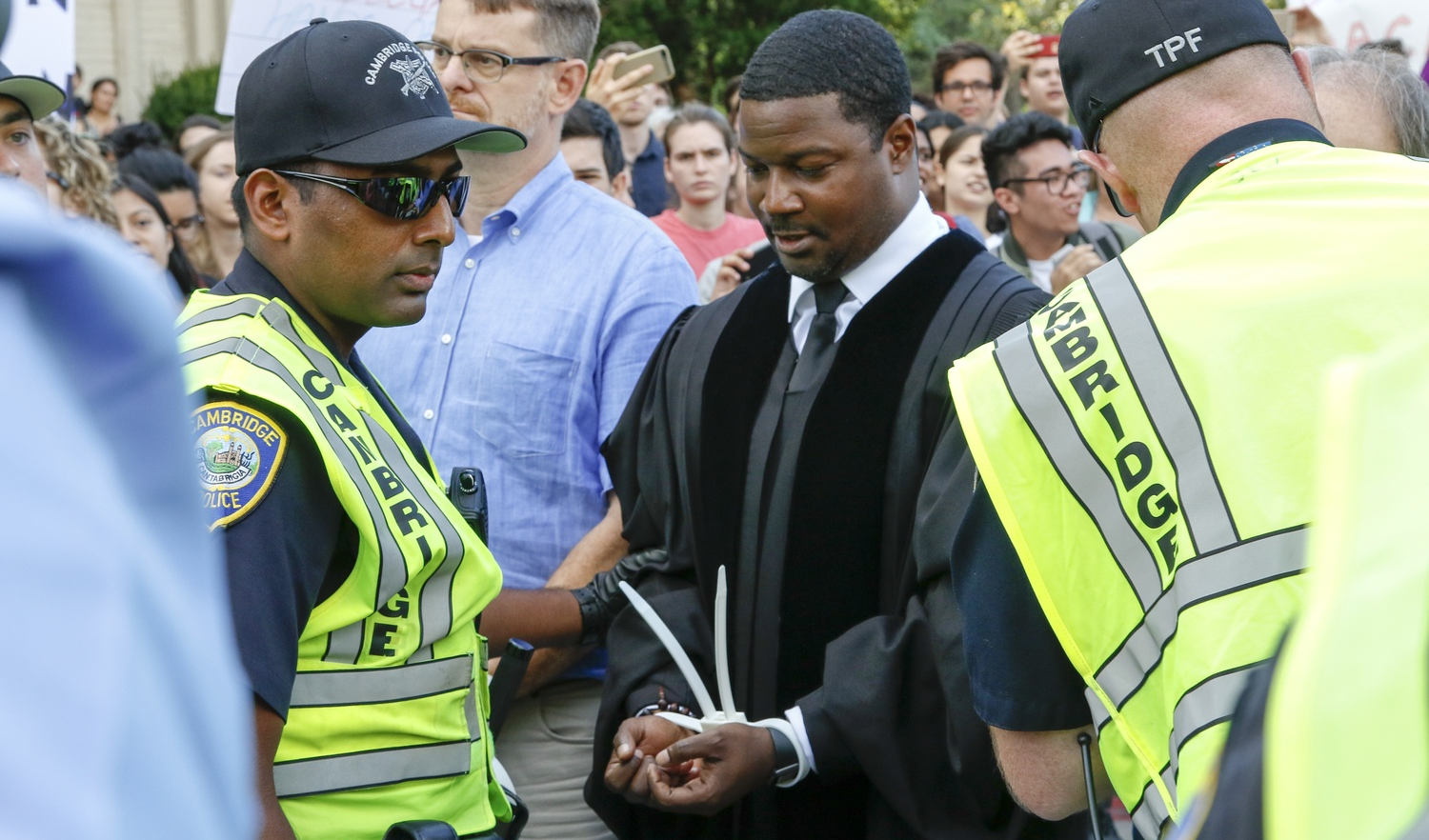Overview
In the past two years, PEN America has documented dozens of incidents in which university faculty have been harshly criticized for their intellectual positions or personal opinions. Some professors have experienced public shaming, harassment, official reprisals, or all three. As a result of these incidents, many faculty members report being much more careful with their public speech. This page contains targeted advice and case studies designed to equip both tenure/tenure-track and contingent faculty with the tools and information necessary to prepare for speech controversies and navigate them when they arise.
Academic Freedom
Academic freedom rests on the idea that knowledge is not stable and that questioning accepted wisdom is essential to the pursuit of truth. As long as faculty fulfill their pedagogical duties and demonstrate requisite disciplinary knowledge, they should have full latitude to speak, write, and publish free from censorship. See more resources in our library.
Campus Climate
Faculty play an enormous role in shaping campus climate through their scholarship and teaching. They have a responsibility to contribute to a learning environment in which all students feel invited and welcome to participate—in both classroom discussions and on-campus events. See more resources in our library.
Contingent Faculty
Universities must vigorously defend contingent faculty’s academic freedom and rights to free expression. The decision not to renew an adjunct faculty member’s contract should be based on an evaluation of their teaching and scholarship, never on the basis of their political views. Colleges and universities which exploit the lack of protections for academic freedom of their adjunct faculty do a disservice not only to those faculty but to the intellectual climate of the campus at large.
-
Sample Policy
University of Iowa’s faculty support & safety guidance
Discrimination and Harassment
While discrimination and harassment policies should avoid punitive measures for protected speech, it is also important for faculty to reflect on the language they use to ensure that their students and colleagues feel comfortable participating in the academic life of the institution. Like all other members of a campus community, faculty have the right to a workplace free of discrimination and harassment, as well. See more resources in our library.
Diversity and Inclusion
Faculty must take proactive steps to ensure that their classrooms are equitable and that all voices are respected and heard. They should evaluate the courses they offer, the material they use, and the collaborations and mentorships they take on to consider how these activities are in line with efforts to uphold the value of diversity and advance inclusion. See more resources in our library.
Hateful Expression
Faculty should think carefully about the pedagogical value of the language they use. While they may have the right to academic freedom and free speech, they should consider that some words may be counterproductive to critical, engaged discussion. See more resources in our library.
Invited Speakers
As scholars and educators, faculty have the right to invite whatever speakers they choose; however, they should think about the pedagogical and scholarly value of such invitations and take care to ensure that such speakers advance productive critical engagement. See more resources in our library.
Protests on Campus
Faculty share the same rights as students to engage in protest and assembly. As thought leaders, faculty can be a powerful presence at protests, and, as mentors, they can provide a tremendous amount of support to students who are engaging in peaceful protests. See more resources in our library.
